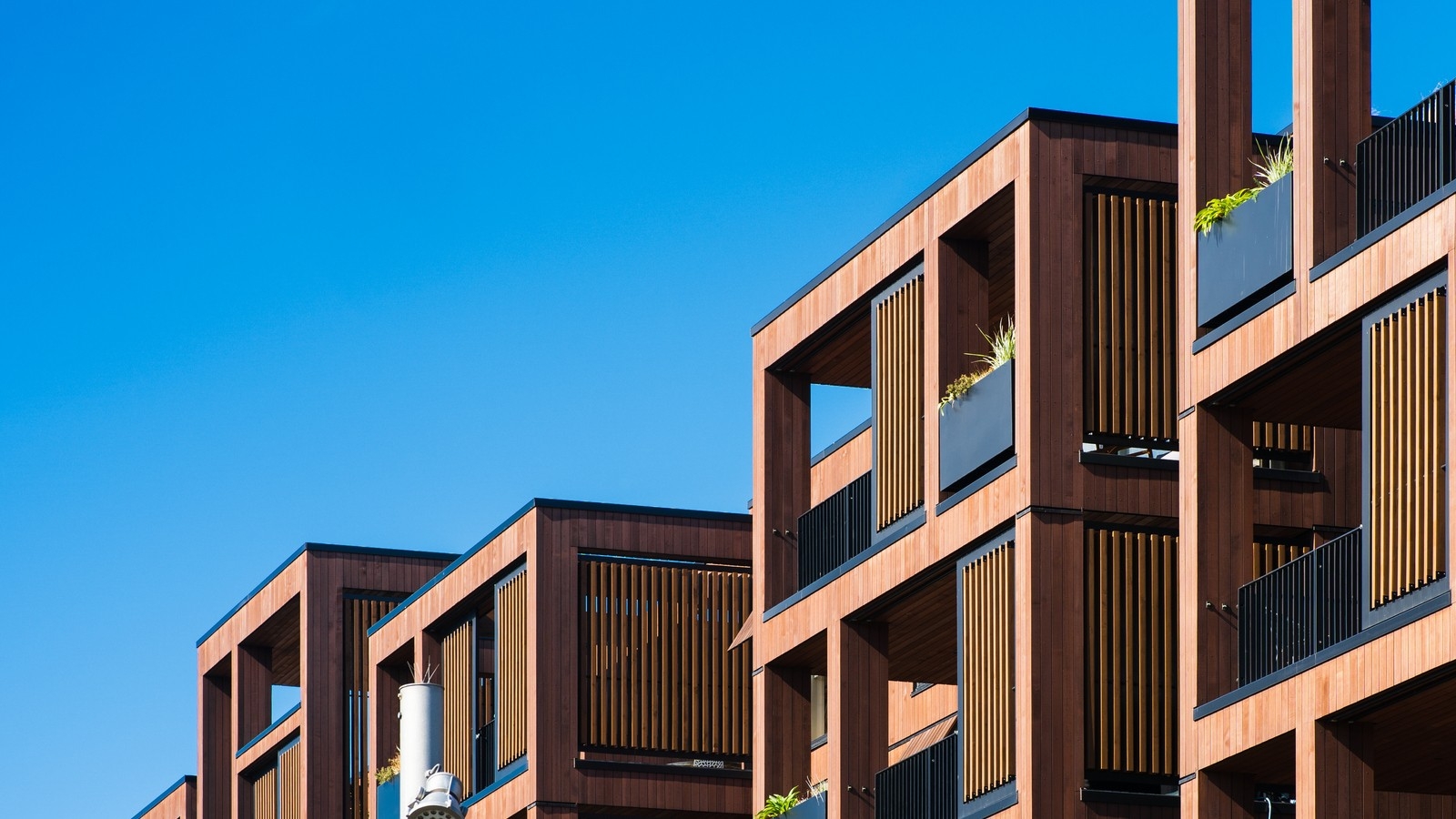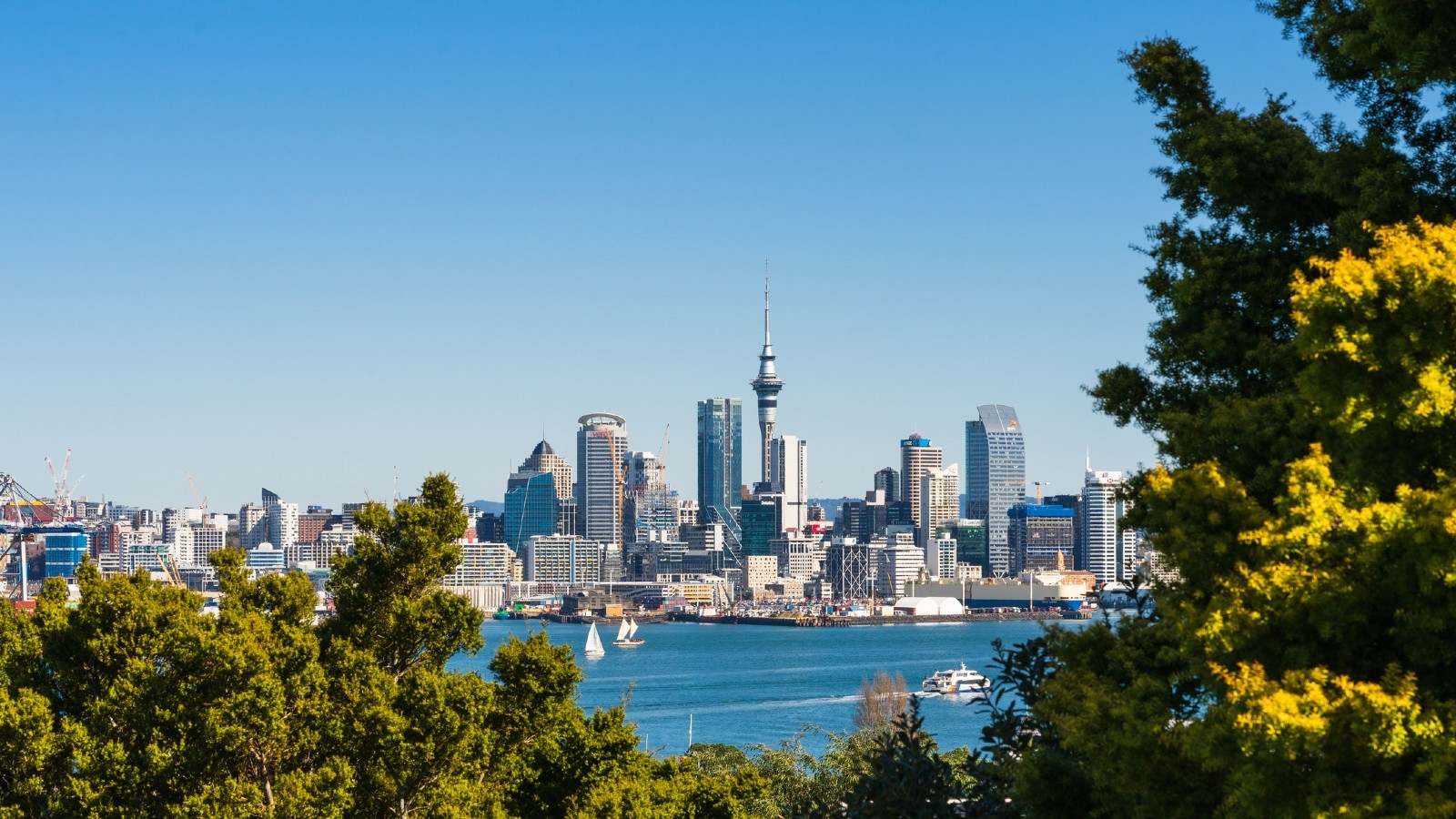Buying guide
Buying off the plan: 15 things you need to know
Looking at buying off the plan? Here’s everything you need to know to ensure your purchase goes smoothly.
Last updated: 6 September 2023
Buying off the plan can be a great way to purchase a brand new property, possibly at a discount price. That said, it’s a little different to purchasing an existing home and there are a few things you need to know before you start on this journey.
What does buying off the plan mean?
Buying off the plans is when you agree to purchase a property (usually a townhouse or apartment) from its developer before it’s completed, based on plans or designs. You’ll pay a deposit to lock in your purchase then the balance of the purchase price upon completion of the build.
Benefits of buying off the plan
There are several benefits of buying off the plan. You’ll be purchasing a brand new property, built to the latest building code so it should require less maintenance and repairs than older homes.
You’re also locking in the purchase price when you place your deposit — when the build is complete the property could be worth more. Off the plan properties can also make great investments since tenants tend to prefer new homes.
What to know before buying off the plan
1. Do your homework on the developer
You’re trusting the developer to complete construction to the standard promised — so make sure you have a reason to trust them. Look into their past developments, ask buyers who’ve purchased in their developments (if you can) and ensure they have a good reputation.
2. Consider liveability
It’s easy to imagine living in an existing home — but when buying off the plans it can be a little trickier. Take some time to consider what it’ll really be like to live there. Will you have enough space? Where will you store your stuff? Do you need a carpark?
3. Look at the location
Apartments and townhouses purchased off the plan are often located close to all the amenities so check out the neighbourhood before you buy. Are there any developments or infrastructure upgrades planned? What are nearby transport links, supermarkets, cafes and shops like? What will your commute be?
4. Research market movements
Before buying off the plan it’s worth looking into market trends in the local area, especially if you’re buying as an investment. What will the property’s value be when it’s completed? How are prices trending in the area? It’s impossible to predict the future but it’s important to have an idea of whether the property’s value will increase, decrease or stay the same while construction is underway.
5. Know what happens if there are construction delays
Construction delays happen often, which means you could be waiting longer than expected. It’s important to understand what will happen if a delay does occur.
Usually developers will include a ‘sunset clause’ in a contract, which will mean that either you or the developer can pull out of the contract if construction isn’t completed on time. These can be either one way (only you or the developer can pull out) or two way (both you and the developer have the option to pull out).
A one way clause in your favour is usually best when purchasing but these may be difficult to negotiate with developers.
Buying an apartment off the plan can be a great investment.
6. Seek legal advice
The sale and purchase agreement and contract for off the plan purchases can be complex so you need to speak to a lawyer before signing to make sure you understand all the details. Pay particular attention to where and how the deposit will be held, if it will accrue interest, how the sunset clause works, what happens if there are defects, and how much the completed build can vary from the plans.
7. Look into the body corporate
Most apartments and townhouses have body corporates — if yours does, make sure you understand what it means for you. Check what the fees are, read rules around pets, renting, short term accommodation, and how you can use your unit and the development.
8. Check entitlement to government grants
If you’re buying your first home, enrolled in KiwiSaver, and meet certain criteria, you may be eligible for a first home buyers grant of up to $10,000 per purchaser for properties purchased off the plans directly from the developer (the grant is a maximum of $5,000 for existing homes).
9. Consider your finance
It’s vital that you seek pre-approval from a lender before you pay your deposit. However, this only lasts three months so your lender will reassess the purchase again when the build is complete. If interest rates have gone up or your circumstances have changed significantly they could decline your application - so make sure you don’t stretch your finances and that you’re in a good position to buy upon completion.
10. Ask about security
New developments should include a number of security measures, which it’s worth asking your developer about. These might include keycard access to the development grounds, keycard access to carparks and storage spaces and basics like fire alarms, sprinklers and fire escapes.
11. Check the soundproofing
Under clause G6 of the building code noise reduction between adjoining spaces should be at least 55 decibels - meaning you shouldn’t be able to hear your neighbours having conversations.
That said, it’s worth asking your developer what level of noise reduction they’re planning to incorporate into the build, especially if you’re buying near bars or public transport (and even more importantly if you’re buying off the plan in Auckland central or other busy areas). Features such as heavy insulation (above R1.8), triple glazing and thick walls and floors may improve soundproofing.
12. Understand the property’s outlook
For off the plan purchases, especially with apartments, it’s important to understand the property’s outlook. What will your view be like? Will you be north facing and enjoy lots of natural light? And are there any plans for developments that could affect your view or block your unit’s sun?
Make sure your apartment's outlook won't be built out before you buy.
13. Think about resale and appeal
You may not live in the property forever so it’s important to consider resale when purchasing off the plan. With that in mind, try to avoid cookie cutter developments and look for something with obvious appeal, whether it’s got views, interesting architecture, luxurious features, a winning location or (preferably) all of the above.
14. Understand the development site
It’s worth taking a trip to the development site to understand its location(note - don’t enter the site without prior consent from the developers, but you’re usually fine to walk around the block). This will give you a more concrete understanding of how the location might look and feel and what life might actually be like in your new home.
15. Seek independent advice
It’s a great idea to have a team around you when buying off the plan. You’ll want a good lawyer to provide advice on the contract and advise you throughout the project, a mortgage broker or lender to arrange finance, an accountant if you’re buying as an investment, and possibly a building inspector to check that everything’s up to standard once the build is complete.
Don’t be afraid to ask questions of your developer and more importantly, if you don’t understand something or if something seems wrong, always ask for advice from an expert so that you can move forward with confidence.
When you’re ready to start looking for apartments and townhouses off the plans - visit Trademe Property.
Author



